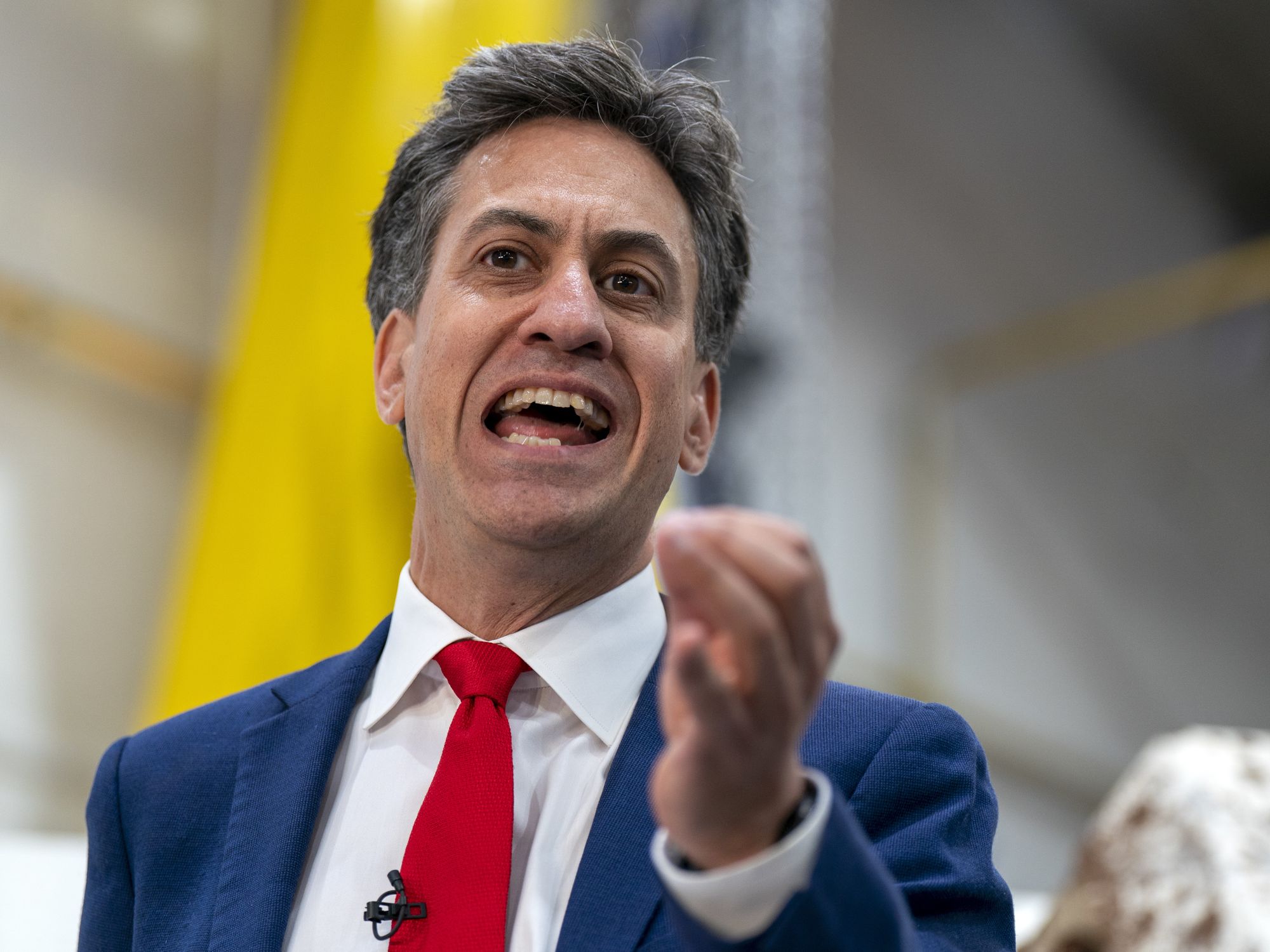Iconic Premier League tradition set to be abandoned as fans brand move ‘woke nonsense’

Bumper Boxing Day fixture lists are set to be scrapped after contractual obligations with Sky Sports and TNT Sports
Don't Miss
Most Read
Latest
Premier League fans are in for a huge shock this Boxing Day, as the traditional feast of festive football is set to change with just one game scheduled for December 26.
It's a massive break from an iconic tradition that would see the remaining nine fixtures pushed back to between December 27 and 29.
This marks the smallest number of top-flight matches on Boxing Day since the Second World War.
The change affects fixtures including Manchester United versus Newcastle, Arsenal against Brighton, and Liverpool facing Wolves.
TRENDING
Stories
Videos
Your Say
All these matches would shift from their traditional Boxing Day slots to the following days.
The reason behind this dramatic shift comes down to broadcasting contracts.
The Premier League must deliver 33 weekends of matches to Sky Sports and TNT Sports each season, with only five midweek slots permitted.
Since Boxing Day falls on a Friday this year, it's being treated like any regular Friday - meaning just one televised match.
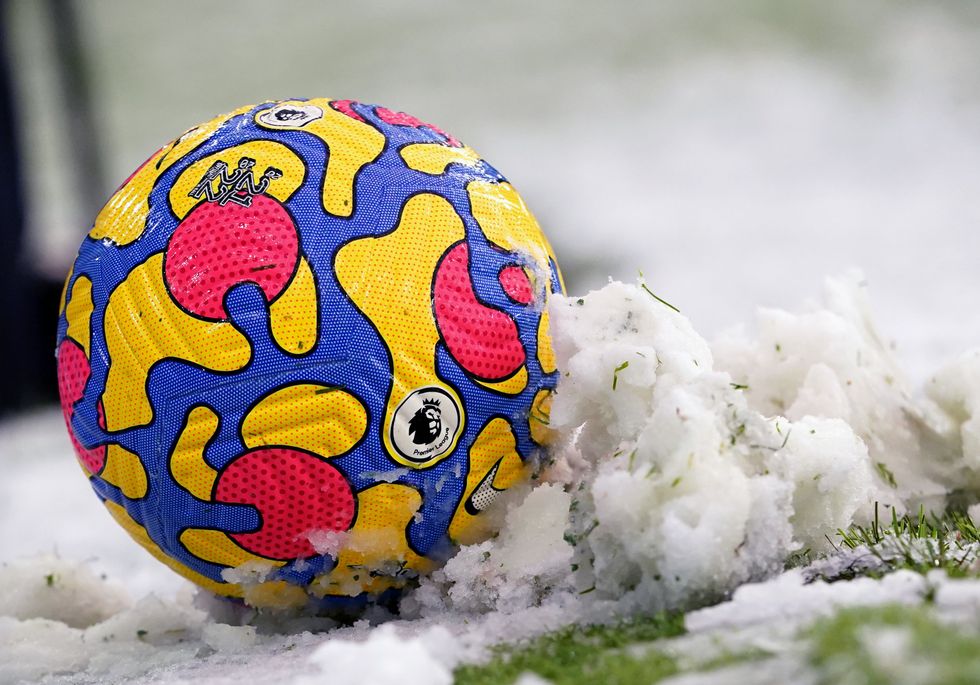
Premier League fans are in for a huge shock this Boxing Day, as the traditional feast of festive football is set to change with just one game scheduled for December 26
|PA
The pressure has intensified because UEFA competitions have expanded and FA Cup ties now take place exclusively at weekends after replays were scrapped.
These calendar changes have left the Premier League with little choice but to use the December 27 and 28 weekend slots to meet their contractual obligations.
The last time Boxing Day fell on a Friday was in 2014, when all ten Premier League matches went ahead as normal.
In contrast, the fewest Boxing Day fixtures were two in 1981, with three taking place in 1993.
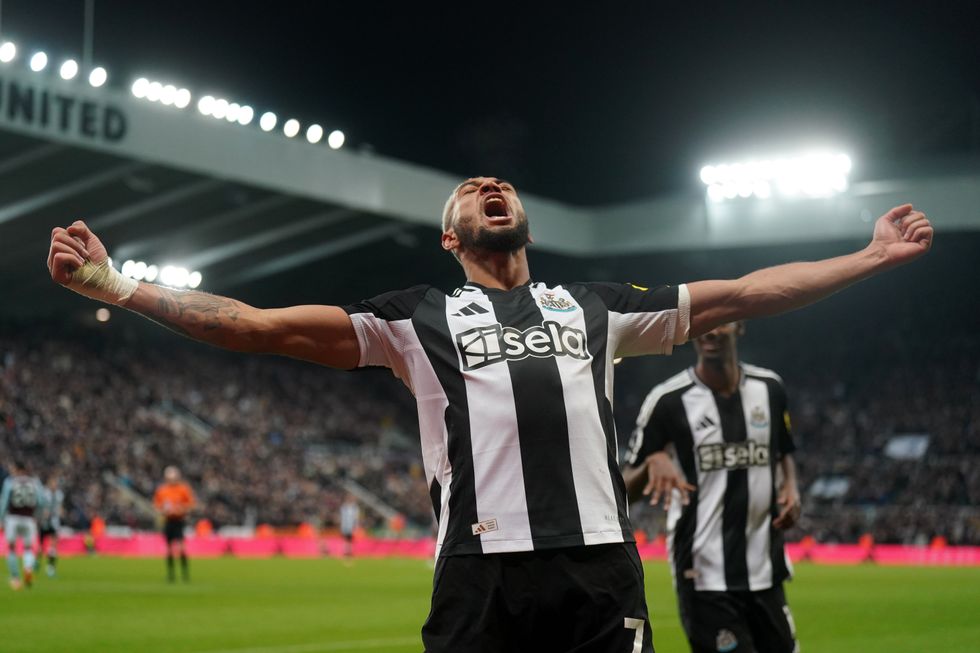
Newcastle beat Aston Villa 3-0 in the pick of last year's Boxing Day matches
|PA
The first Boxing Day match dates back to 1888, making this change particularly significant for football heritage.
With the tradition steeped in the history of football in this country, fans have voiced their frustration at the decision online: "This is outrageous," one supporter wrote on X.
Another commented: "Big change, Boxing Day won't be the same!"
LATEST SPORTS NEWS
- Harry Kane's wife 'doesn't want England return' as fresh twist on Bayern Munich star's future comes to light
- Gary Neville calls for Liverpool star to be 'taken out' with 'virus catching' after dreadful Brentford defeat
- Vinicius Jr's Real Madrid future cast into doubt after El Clasico outburst as contract remains unsigned
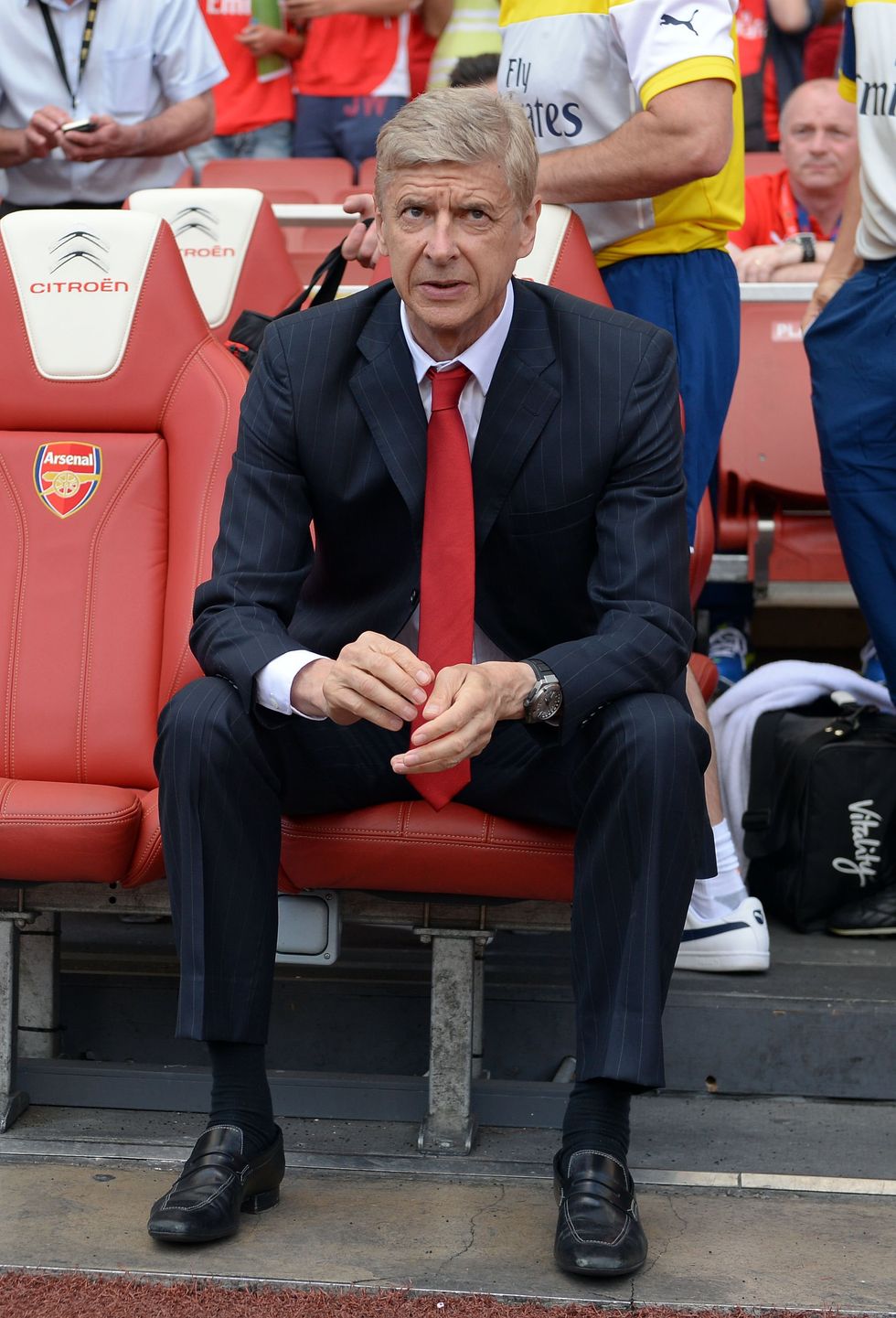
Arsene Wenger won his 600th game as Arsenal boss on Boxing Day 2014
|PA
A third added: "This is ridiculous, Boxing Day football has been a tradition for a very, very long time."
While a fourth simply said: "Never been a better use for 'utter woke nonsense'."
The EFL and National League are sticking with tradition, planning full fixture lists across all divisions on Boxing Day. Championship, League One and League Two fans can still enjoy their usual festive football fix.
Which Premier League match gets the Boxing Day slot remains undecided. Clubs typically receive fixture confirmations six weeks in advance, though discussions remain ongoing.
Boxing Day 2026 falls on a Saturday, so the full Premier League programme should return in a glimmer of positive news for Premier League traditionalists.
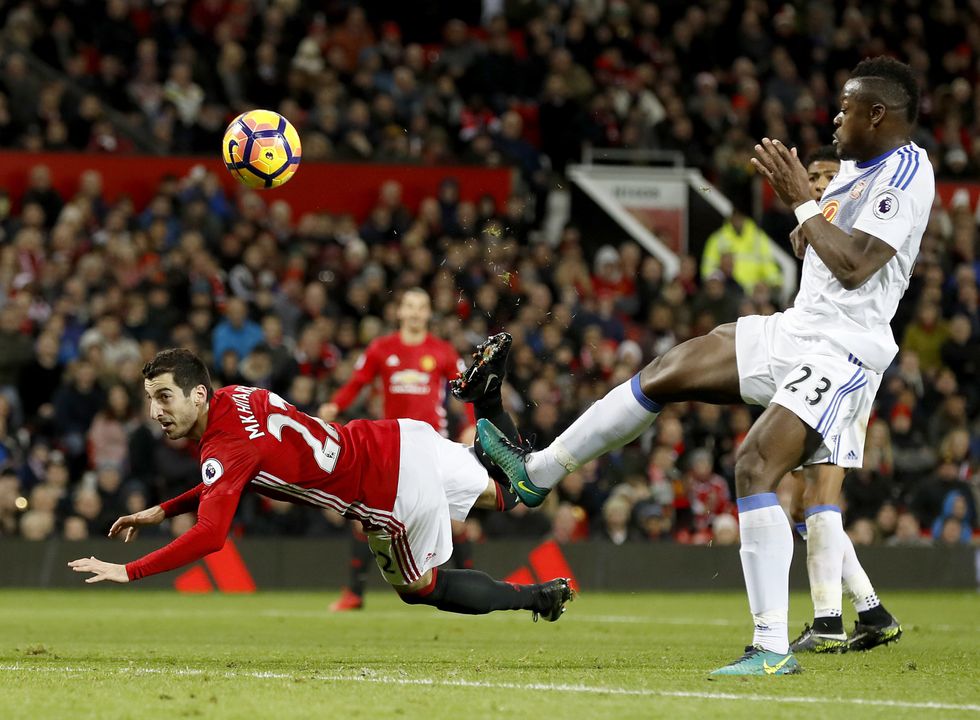
Henrikh Mkhitaryan scored his stunning scorpion kick goal against Sunderland on Boxing day 2016
|PA
The league expects normal service to resume when the calendar allows, with Tuesday December 30 still featuring midweek matches to maintain some festive football atmosphere.
The most iconic Boxing Day fixture list remains back in 1963; a day that saw an astonishing 66 goals scored across all 10 games. Results included Fulham beating Ipswich 10-1, Blackburn defeating West Ham 8-2 and multiple 6-1 and 3-3 scorelines.
While it has never quite reached those dizzying heights since, Boxing Day has produced some iconic moments in more recent memory.
Manchester United edged Newcastle in a thrilling 4-3 encounter back in 2012, while Henrikh Mkhitaryan’s stunning scorpion kick goal for Jose Mourinho’s Red Devils caught the eye in 2016, as well as Jimmy Bullard’s infamous team-talk celebration back in 2008.
Our Standards: The GB News Editorial Charter








